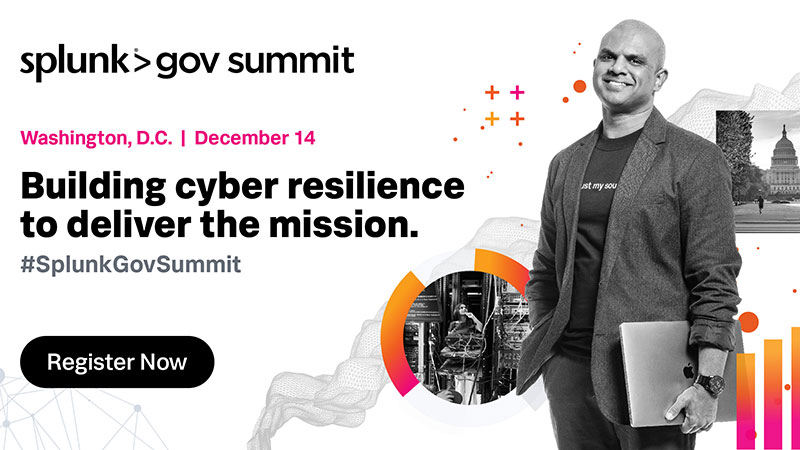As Gen X transitions to become the next leaders within the government and Gen Z begins to enter the Federal workforce, it’s imperative that the Federal government works to retain high-quality staff from both age groups to ensure uninterrupted mission delivery, a recent report from the Partnership for Public Service says.
The organization undertook the study to better understand the most pertinent retention factors for civil servants in these two generations. The non-profit found that while Gen X and Z have similar workplace values, it is often for different reasons.
Gen X includes people now aged 42-57, while Gen Z covers people born from 1997 to 2012 and a current age range of 10 to 25.

“While employees tend to remain in their jobs for several reasons, such as satisfaction with compensation and office culture, successful retention strategies are not one-size-fits-all and should reflect a variety of factors, including those specific to the position and the individual,” the report says.
In 2021, Gen Z only made-up 1.6 percent of the Federal workforce, and according to the report, this figure was exacerbated by a high turnover rate for the 20-to-24-year-olds: 12.4 percent. Gen X accounts for 41.6 percent of Federal employees with only a 3.4 percent turnover rate. But with an estimated one-third of the government reaching retirement age, Federal agencies must learn how to keep this generation.
After interviewing Feds from Gen Z and X, Partnership for Public Service found six reasons that are most important to the generations when it comes to sticking around at one job:
- Flexible work;
- Financial incentives;
- Connection to mission;
- An inclusive, supportive and productive workplace culture;
- Technology; and
- Facilitated growth.
Gen X would like the option to work remotely due to taking care of their kids or aging parents, Partnership for Public Service found.
On the other hand, Gen Z expects a hybrid option because they came into the workforce during the height of the coronavirus pandemic. The younger generation sees this factor as an indication that their leaders trust and value them.
Gen Z expressed more of an interest in financial incentives, especially because members of this generation have on average $18,000 more in student debt. The study recommends that agencies should empower civil servants to take advantage of benefits like the Public Service Loan Forgiveness Program.
Additionally, the 20-something-year-olds expect reliable and easy-to-use digital technologies to help them execute their agency’s mission. Gen Z expressed frustration when the government is slow to replace their outdated technological infrastructure.
Both generations expressed interest in the final three motivators that will help them remain at their Federal jobs: a mission that they value, an inclusive organizational culture, and opportunities for professional advancement.
Partnership for Public Service offered recommendations for what senior agency leaders, midlevel managers, supervisors, HR offices and evaluation teams should do to retain Gen X and Gen Z public servants:
- Evaluate the feasibility of remote and hybrid work;
- Facilitate positive reentry to in-person work;
- Create mentoring and reverse mentoring programs;
- Focus on effective staff onboarding;
- Adopt modern technology tools and culture;
- Create professional development and other opportunities for growth; and
- Facilitate access to student loan forgiveness programs.

